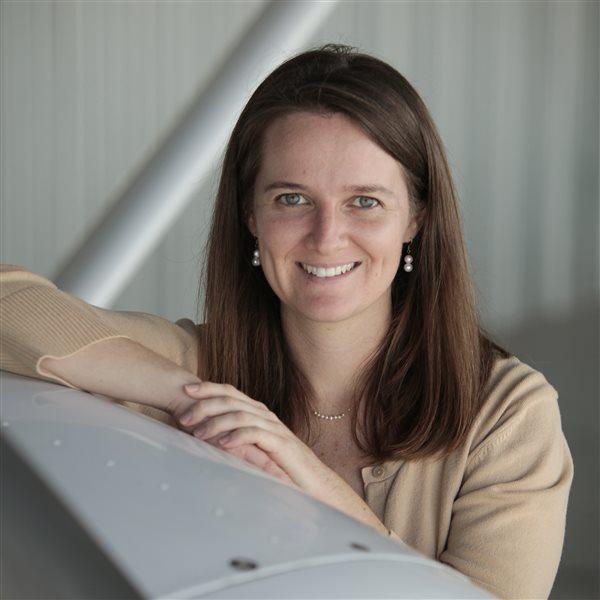FAA warns against illegal charter operations
Agency targets pilots, aircraft owners
The FAA sent a strong message to pilots May 22, warning against participating in illegal charter operations.
The agency recently issued an informational letter to pilots, noting “a trend in the industry towards using computer and cell phone applications to facilitate air transportation by connecting potential passengers to aircraft owners and pilots willing to provide professional services” and warned pilots to watch out for common pitfalls that could put them in violation of the federal aviation regulations.
“Illegal charter flights are a special enforcement focus at the FAA,” said AOPA General Counsel Justine Harrison. “We are aware of cases where the FAA is pursuing civil monetary penalties from both the aircraft owner and the pilot, as well as certificate actions against the pilot. We are also aware of cases involving flights alleged to be for illegal compensation or hire involving a variety of aircraft types, from piston singles up to jets.”
Pilots who are in a shared ownership situation or who lease an aircraft should perform a compliance review of their ownership structures and agreements, Harrison suggested, adding that pilots who have the AOPA Legal Services Plan can call for a consultation to make sure they still comply with the regulations and the latest issued guidance.
In the informational letter, the FAA reminded pilots that under the regulations, “private pilots may neither act as pilot-in-command (PIC) of an aircraft for compensation or hire nor act as a PIC of an aircraft carrying persons or property for compensation or hire.” The letter reiterated that a commercial and airline transport pilot engaging in air transportation “must be employed (as a direct employee or agent) by the certificate holder with operational control of the flight (e.g., a Part 135 certificate holder) or must herself or himself hold a certificate issued under 14 C.F.R. Part 119.”
When it comes to for-hire operations, the FAA is interested in who has “operational control” of the flight as a litmus test for whether a charter flight is taking place. Pilots who fly a shared ownership aircraft or an aircraft that is leased should thoroughly review the agreement and determine who holds operational control of the flight before flying. For a primer on what to look for, Jared Allen, AOPA Legal Services Plan senior staff attorney, explains the details of operational control in his March 2020 AOPA Pilot column, “For the record: Who’s in control here?” In addition, AOPA Legal Services Plan attorney Greg Reigel lists many of the questions the FAA asks when it is investigating an alleged illegal charter flight.
“It’s important for pilots, especially commercial pilots and ATPs who have been hired to fly an aircraft operated under a dry lease, to know that an FAA investigation into an aircraft’s operation often begins with the pilot,” Allen said. “Even if the pilot didn’t understand how or why the operation violated air carrier certification or operating rules, he or she can still face harsh penalties. The best approach for pilots is to avoid potentially noncompliant operations, and the AOPA Legal Services Plan is here to help pilots ask the right questions about a proposed flight.”
Another sensitive topic with the FAA is flight sharing, or cost sharing. The agency issued new guidance this year clarifying how pilots can share flight expenses and stay on the right side of the regulations. Pilots, including private pilots, can split operating expenses (fuel and oil, rental fees, and airport expenditures) with passengers on a pro rata basis as long as “passengers share a ‘bona fide common purpose’ for their travel and the pilot has chosen the destination,” the FAA said in its May 22 letter.
Flight sharing apps create a gray area where the agency is cracking down. In 2019, the FAA investigated BlackBird Air, an online marketplace that connected commercial pilots and aircraft with passengers through an app, and said that pilots participating in that marketplace were “holding out” and engaging in common carriage. The agency also warned pilots who were participating in that service. The company was acquired by Surf Air, a travel air membership business, in early 2020.
Bottom line, pilots should be extra cautious; the FAA is analyzing flights more closely.



